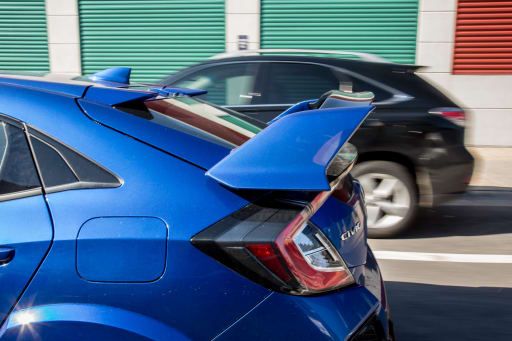Get Free Quotes 866-651-2992
Remanufactured & Used Engines

Rapid advancements in technology and shifting consumer expectations are reshaping the automotive industry, paving the way for an exciting future of autos. From electric vehicles (EVs) to autonomous driving, the industry is undergoing a profound transformation that promises to revolutionize transportation in the coming years.
One of the most significant trends driving the future of autos is the widespread adoption of electric vehicles. With growing concerns about climate change and the need to reduce carbon emissions, governments and consumers are increasingly favoring EVs over traditional gasoline-powered cars. The advancements in battery technology and increased charging infrastructure are making EVs more accessible and convenient for the general public.
Autonomous driving technology is another game-changer in the automotive industry. Self-driving cars have the potential to enhance road safety, reduce traffic congestion, and provide greater mobility for individuals who are unable to drive. The integration of advanced sensors, artificial intelligence, and connectivity is making autonomous vehicles more capable and reliable. As the technology matures, we can expect to see fully autonomous cars on our roads, transforming the way we commute and travel.
Connectivity is playing a crucial role in shaping the future of autos. The Internet of Things (IoT) is enabling vehicles to communicate with each other and the surrounding infrastructure, creating a seamless and efficient transportation system. Connected cars can provide real-time traffic information, predictive maintenance alerts, and personalized in-car experiences. With the advent of 5G technology, the connectivity capabilities of vehicles will further improve, opening up endless possibilities for innovation.
Another emerging trend in the automotive industry is the concept of shared mobility. With the rise of ride-hailing services and car-sharing platforms, many consumers are rethinking car ownership. Instead of owning a car, people are embracing the idea of accessing mobility on-demand. This shift towards shared mobility is reducing congestion, lowering carbon emissions, and freeing up urban spaces. In the future, we can expect to see a diverse range of mobility services, including autonomous taxis and shared electric vehicles, providing efficient and sustainable transportation options.
As the future of autos unfolds, the role of traditional car manufacturers is also evolving. They are not merely producing vehicles but transforming into mobility service providers. Companies are investing heavily in research and development to stay ahead of the curve and meet changing consumer demands. Collaborations between automakers, technology companies, and startups are becoming more common, driving innovation and accelerating the pace of change.
With all the advancements and transformations in the automotive industry, there are also challenges to overcome. Safety and security concerns in autonomous vehicles, the need for standardized regulations, and the development of charging infrastructure for electric vehicles are some of the hurdles that need to be addressed. However, with concerted efforts from stakeholders and continuous technological advancements, these challenges can be overcome, making the future of autos a reality.
In conclusion, the future of autos is poised for a remarkable transformation. Electric vehicles, autonomous driving, connectivity, shared mobility, and the evolving role of manufacturers are shaping the automotive industry. As technology continues to advance and consumer preferences evolve, transportation as we know it will be revolutionized. The future of autos promises a greener, safer, and more connected world.